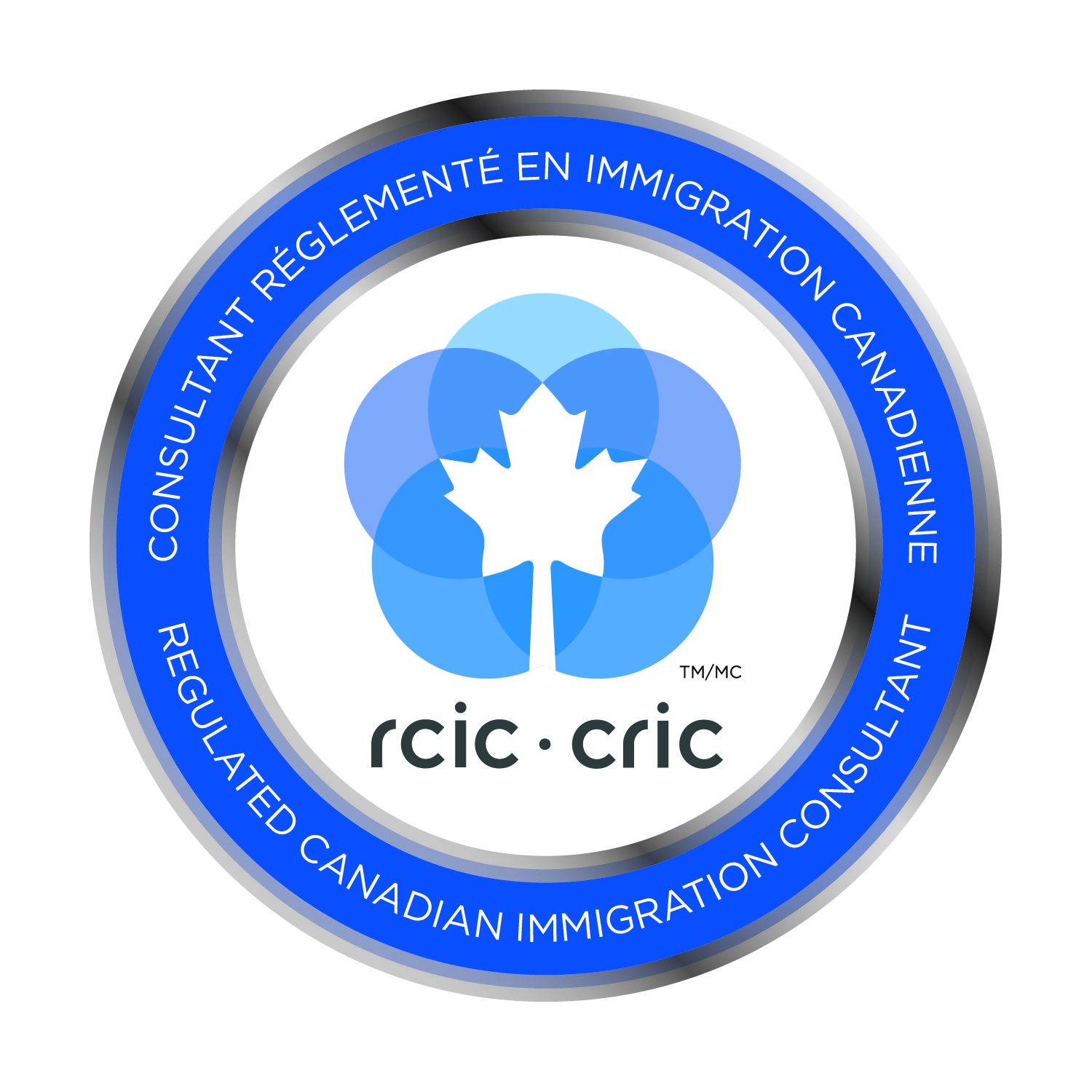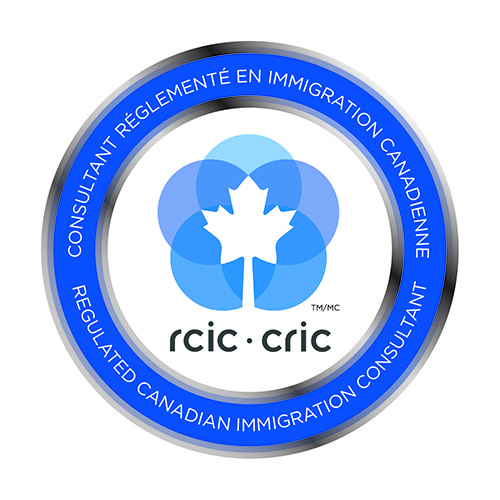ICCRC is the national regulatory body that oversees regulated Canadian immigration professionals. Designated by the federal Minister of Immigration, Refugees and Citizenship, ICCRC began regulating immigration consultants in 2011, and citizenship consultants and international student advisors in 2015.
The Immigration and Refugee Protection Act (IRPA) and the Citizenship Act require anyone providing Canadian immigration or citizenship advice or representation for a fee or other consideration to be a member in good standing of ICCRC. Exceptions are members in good standing of provincial or territorial law societies or the Chambre des notaires du Québec.
ICCRC has a federal mandate to regulate individuals who provide Canadian immigration, citizenship, and international student advising services. Individuals who reside outside Canada and provide regulated immigration services, or whose principal location of Canadian immigration services is outside Canada, are also subject to ICCRC regulation.

Mandate
ICCRC’s mandate is to protect consumers of immigration services through effective regulation of immigration and citizenship consultants and promotion of the benefits of using only authorized immigration representatives.
ICCRC protects consumers by:
- Maintaining a searchable database of all professionals it regulates.
- Managing a rigorous complaints and discipline process.
- Reporting suspected unauthorized representatives to the Royal Canadian Mounted Police (RCMP) or Canada Border Services Agency (CBSA) for further investigation and law enforcement intervention.
- Educating the public through awareness campaigns on the importance of retaining RCICs and the dangers of using unauthorized immigration representatives.
ICCRC regulates RCICs by:
- Enforcing the Code of Professional Ethics.
- Accrediting and auditing the Immigration Practitioner Programs (IPPs) offered by post-secondary institutions across Canada.
- Administering the entry-to-practice Full Skills Exam (FSE).
- Delivering Practice Management Education (PME) courses in order for RCICs to maintain their competent practice.
- Conducting a Compliance Audit to make certain that RCICs’ practice and documentation comply with ICCRC Regulations.
- Crediting hours of Continuing Professional Development (CPD), which ensure that RCICs’ immigration knowledge is current.




 Print the article
Print the article
